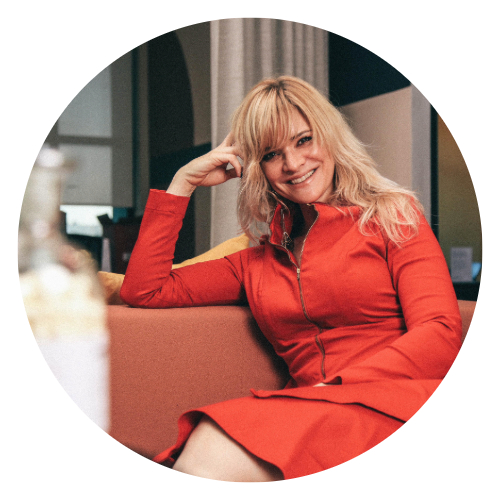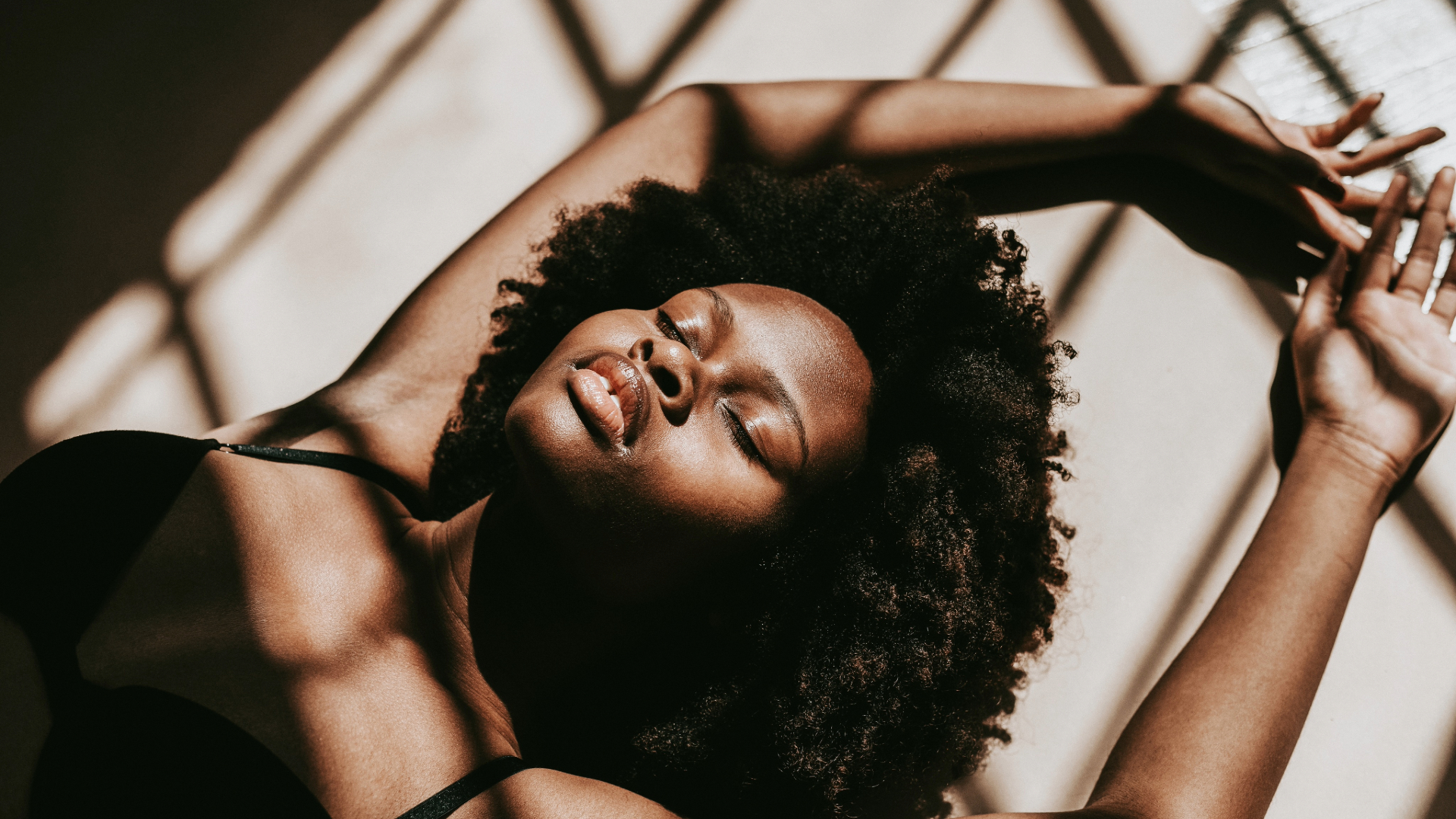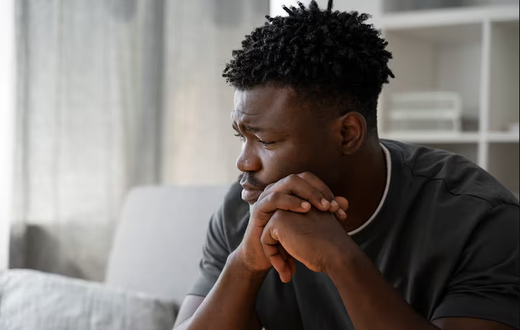A few years ago, the idea of “biohacking” might have seemed like something out of a tech conference in Silicon Valley, often associated with extreme routines and quirky self-experiments. But that stereotype is quickly fading. Today, biohacking has stepped confidently into the beauty arena, capturing global attention—from Lagos to London—with the promise of radiant skin and improved well-being driven by scientific discovery and intentional lifestyle choices. For Nigerians, Ghanaians, and West Africans keen on both tradition and innovation, beauty biohacking offers a fascinating blend of modern science and practical wellness, designed for our unique climate, culture, and daily realities.
What Is Biohacking?
Biohacking, at its basic level, is about optimizing how your body functions. It’s a holistic approach that encourages individuals to take active control of their health—starting deep within their cells and extending to their overall appearance and performance. This means paying attention to how nutrition, good sleep, mindful movement, sunlight, carefully selected supplements, and technology influence your body’s natural processes. In the West African context, biohacking could involve balancing traditional foods with modern supplements, or adapting skincare routines to suit local environmental factors.
Critically, biohacking isn’t just about expensive imported gadgets or rigid, one-size-fits-all programs. It’s rooted in self-awareness, data, adaptability, and choosing powerful natural and science-backed solutions to match personal goals. When applied to improving beauty—from skin elasticity to a natural glow—this approach moves far beyond the standard creams and serums on a pharmacy shelf.
The Rise of Beauty Biohacking
Historically, beauty routines in Nigeria and across West Africa have drawn from generational knowledge—think shea butter, black soap, and herbal infusions. The mainstream global beauty industry, in contrast, has long prioritized external treatments such as moisturizers, facial injections, and serums. However, a growing class of wellness-savvy Africans are raising the bar: they’re demanding more meaningful results, scientific backing, and products that work from the inside out.
Beauty biohacking responds to this demand by blending modern aesthetic aspirations with functional ingredients, such as adaptogens, nootropics, and medicinal-grade supplements known as nutraceuticals. Nigerians, for example, might pair traditional moringa or hibiscus tea with newer ingredients like collagen peptides for firmer skin, spermidine for cell renewal, or antioxidant-rich astaxanthin for natural sun protection. According to local nutritionist Adeola Ojo, “Many young people in Lagos are looking at next-generation ingestibles—not just for beauty, but for energy, gut health, and overall resilience. The trend is about being radiant and healthy, no matter your age or budget.”
In essence, beauty has moved beneath the skin. True radiance now starts from the gut, gut microbiome, and even the mitochondria—the microscopic powerhouses inside our cells. The impact? A shift from surface-level solutions to deep, holistic rejuvenation well suited to Africa’s hot climate, busy daily routines, and nutritional diversity.
My Personal Toolkit: What I Use For Beauty Biohacking
Biohacking is highly individual, and for many Nigerians and West Africans, it’s important to build routines that respect both personal needs and local resources. Here are some foundational beauty biohacks that are gaining popularity—and which you might consider mixing with your own daily habits:
- Collagen is a staple. Many opt for fish collagen peptides, which are reportedly highly bioavailable, or look for local equivalents such as bone broth or goat hoof broth—long recognized for benefits to skin and joints.
- Mitochondrial support is growing in popularity. Supporting these tiny cell engines can help increase skin cell renewal and natural repair. Ingredients like CoQ10, creatine, and even antioxidant-rich cocoa (which has deep roots in West Africa) are valued for boosting energy and skin health.
- Prioritizing sleep as a foundation for beauty is key. “Beauty sleep” is not a myth—nighttime rest is when the body repairs damage and regenerates skin. Many people are now combining good sleep hygiene with nutrients like magnesium, lion’s mane mushroom, or glycine to promote restful sleep, naturally supporting glowing skin.
- Red light therapy is trending globally, but in the Nigerian context, daily exposure to morning sunlight can provide similar benefits for mood, skin tone, and inflammation reduction. Grounding—walking barefoot on natural earth—is also being recognized for its relaxing effects.
- Hormonal balance is considered essential. For women especially, tracking menstrual cycles and adapting routines around hormonal shifts can offer enhanced energy and better skin health. This approach is confirmed by Dr. Funmi Emeka, a Lagos-based endocrinologist, who notes, “Syncing wellness habits to your unique hormonal rhythm maximizes both your mood and appearance.”
Where It’s Headed
The boundaries between beauty products and nutritional supplements are disappearing quickly, both in Nigeria and worldwide. Local pharmacies are stocking up on ingestible beauty supplements, and startups across Africa are exploring the intersection of beauty, nutrition, and tech. Experts predict that within a few years, buying a moisturizer might come with a customized digital health profile—connecting the dots between what you apply externally and how you nourish your body from within.
Advanced tools may soon allow you to scan a code on your face cream to access a personalized supplement plan, track your unique biometrics, or recommend ideal products for your specific skin type, influenced by Nigeria’s climate, humidity, or even air quality. While this might sound futuristic, many wellness brands are already piloting such technology in Africa and abroad.
The Takeaway
Embracing beauty biohacking isn’t about chasing unrealistic standards or importing expensive trends. It’s a mindset shift—staying curious, being open to science-backed habits, and knowing your unique biological needs. Supporting your body with thoughtful choices, intentional routines, and a bit of mindful indulgence can help you look and feel your best at any age.
In West Africa, where beauty and wellness have always been celebrated with both community and individuality, integrating local wisdom with emerging science creates exciting possibilities. Ultimately, true beauty shines brightest when your whole system—body, mind, and spirit—is thriving. When you feel great, you radiate confidence from the inside out.

About Toni Carroll
Toni Carroll is the founder of My Beauty Luv, a company known for its focus on medical-grade, sustainable approaches to wellness and beauty. Carroll often refers to herself as a “Supplement Sommelier,” and is widely acknowledged as a thought leader in areas like nutricosmetics, biohacking, hormonal wellness, and transparent, traceable formulations. Her philosophy blends clinical research with sustainability, aiming to create beauty solutions that work from the inside out.









